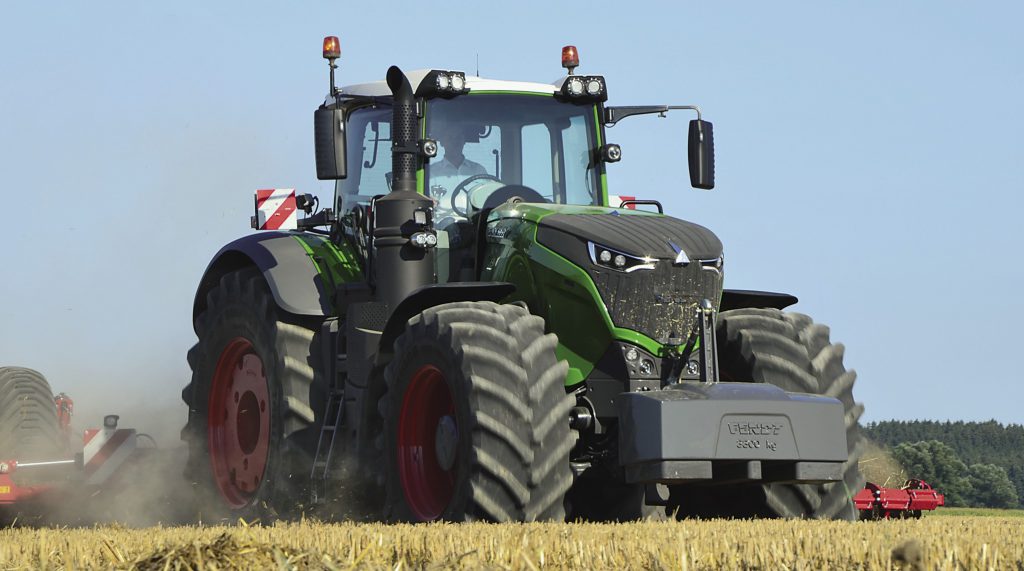The future expectations for the European Machinery sector “have become less negative”, despite the ongoing challenges posed by Covid-19.
That’s according to CEMA – the association of European (agricultural) machinery manufacturers – which has published its ‘Business Barometer’ for the month of June.
CEMA notes that the general business climate index for the sector has improved slightly in recent weeks. However, it continues “deeply negative”, at -47 points (on a scale of -100 to +100), having experienced the sharpest drop since the financial crisis of 2008 and 2009.
The improvement CEMA is reporting is down primarily to less negative future expectations. Last month, 75% of industry representatives involved in the barometer said they were expecting a decreasing turnover. By comparison, this figure has fallen to 56%.
With restrictions relating to Covid-19 easing in most countries, the average production capacity of businesses is around 83% of ‘pre-lockdown’ levels, while the average level of supply is at 88% of what it was before Covid-19 took its toll.
Conditions on the distribution side have improved, but are still causing slightly more problems than the supplier side, CEMA noted.
With regard to the European market, the expectations of the survey participants have also improved, but there is still a clear majority of participants expecting turnover decreases from all regions except from Scandinavia.
The number of participating companies who characterised their current business as ‘very unfavorable’ reduced from 18% to 6%. However, on the other side of the coin, the number of respondents who characterised their business as ‘good’ fell from 13% to 10%.
51% of respondents said that business was unfavorable (an increase on 43% last month); while 33% described business as ‘satisfying’ (an increase on 26% last month).
CEMA’s Business Barometer is a monthly survey of representatives from the European agricultural machinery manufacturing industry; it’s been running since 2008.
The survey covers most major equipment sectors – from tractors to municipal equipment. The target group (of respondents) comprises 140 senior managers from nine countries.



